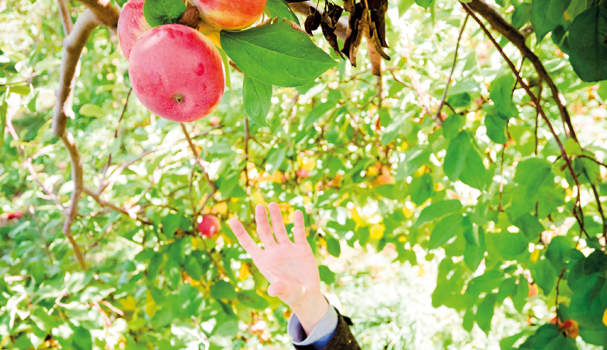Franchising is currently undergoing something of a renaissance. Every year for the last twenty years the number of British brands going down the franchise route has increased, last year leaping by 3.5%. During 2011, at the height of the recession, the Office for National Statistics reported that the UK economy had lost 180,000 jobs; however the net number of jobs created by franchising totalled 73,000. No matter which way you look at it, the franchise market is growing.
Inevitably, one of the things that has had an influence on the number of people wanting to get into franchising is the recent economic climate. Facing uncertain employment conditions, many have plumped for investing in their own business opportunity over returning to the rat race. “We tend to find people that have been made redundant a few times and, if I’m honest, have had enough,” comments Pip Wilkins, head of operations at the British Franchise Association (bfa).
Not only do these people tend to be flushed with redundancy pay to fund a potential venture but often a switch can help individuals find circumstances that better suit them. “The joy of franchising for people is that you can buy something that fits around your lifestyle,” she continues. “It’s an opportunity to do what you want to do every day.”
Whilst many of these factors are something franchises and enterprises can hold in common, franchising offers something that the majority of start-ups can’t: security. “It’s a proven business model and the failure rates are much lower,” Wilkins says. She refers to figures indicating that approximately 80% of businesses will cease trading within ten years and nearly a third won’t make it past five. Conversely, just 10% of franchise owners exit within 10 years and this includes positive exits, such as those that have made a success of it and sold the franchise on.
Largely, franchisees can have the increased confidence of purchasing a enterprise which has already been tried and tested. “It gives people an element of comfort when they’re buying into a franchise that they’re buying into a proven business model,” explains Wilkins. “Somebody has gone out and made all of the expensive mistakes so you don’t have to as a franchisee.”
And this goes both ways. This model can be very attractive for franchisors in part because they can be sure their franchisees are investing more than just capital. “They’re not buying a job; they are buying a business,” Wilkins says. A franchisee is committing to much more than a store manager would be; as well as going through a rigorous selection process, they have a real stake in its success and stand to benefit far more from its growth than a staff manager. “It’s not about taking a salary,” she continues. “You have an investment that you can sell on at some stage as you build the business.”
But there are also wider trends at play. Not only does it seem that people are realising franchising can be applicable to an increasing array of sectors but Wilkins feels there is an increasing appreciation among the public for franchise outlets. Research conducted by the bfa back in 2007 revealed that people would rather use a franchised business than a non-franchised business. “It’s about a local business person, so it’s keeping the money in the local community,” she says. “But they have the backup and support of a national organisation.”
Ultimately, franchising is unarguably seeing increasing interest from all quarters. Indeed, at its height in 2011, growth in the franchise sector was tenfold that of GDP, showing franchising is bearing plenty of fruit for the UK economy. Essentially, as Wilkins concludes, “More and more people are realising that franchising is an option to go into business, where you’re in business for yourself but not by yourself.” ![]()
Share via:








































